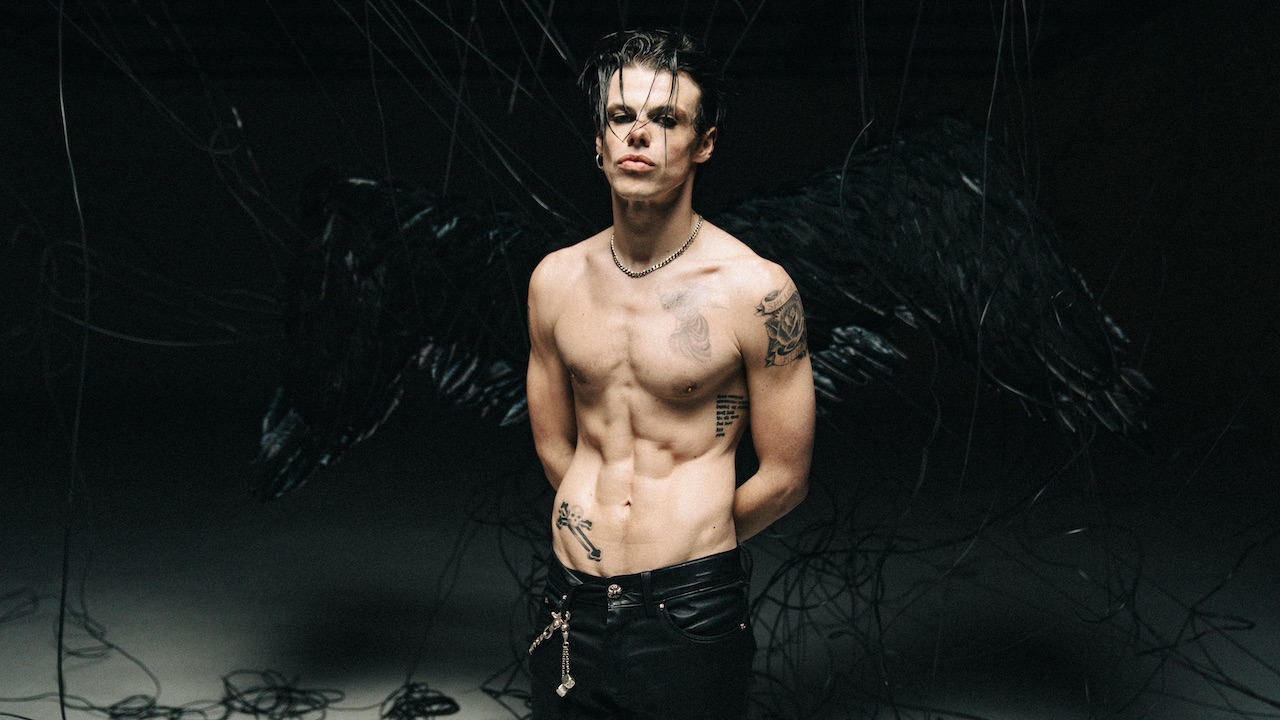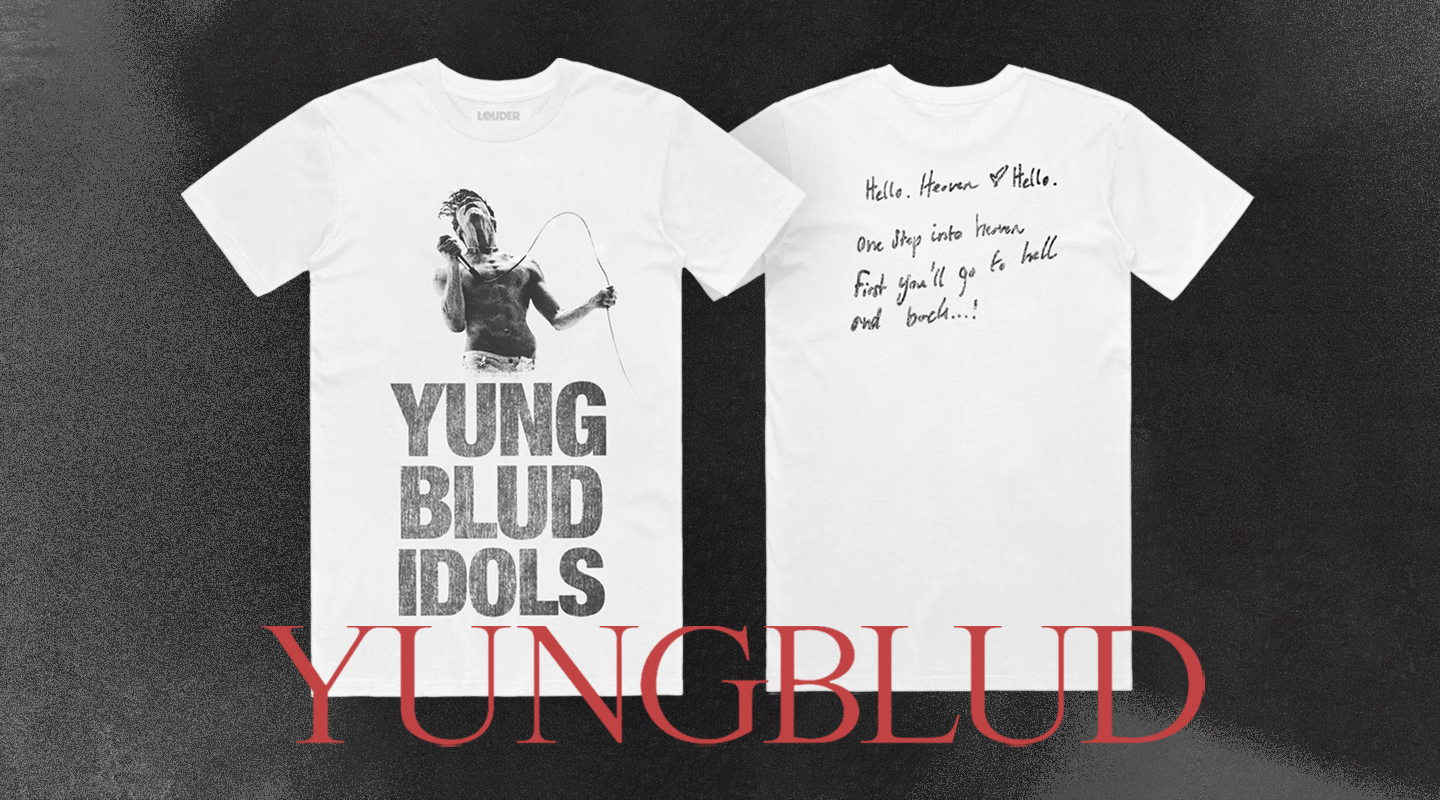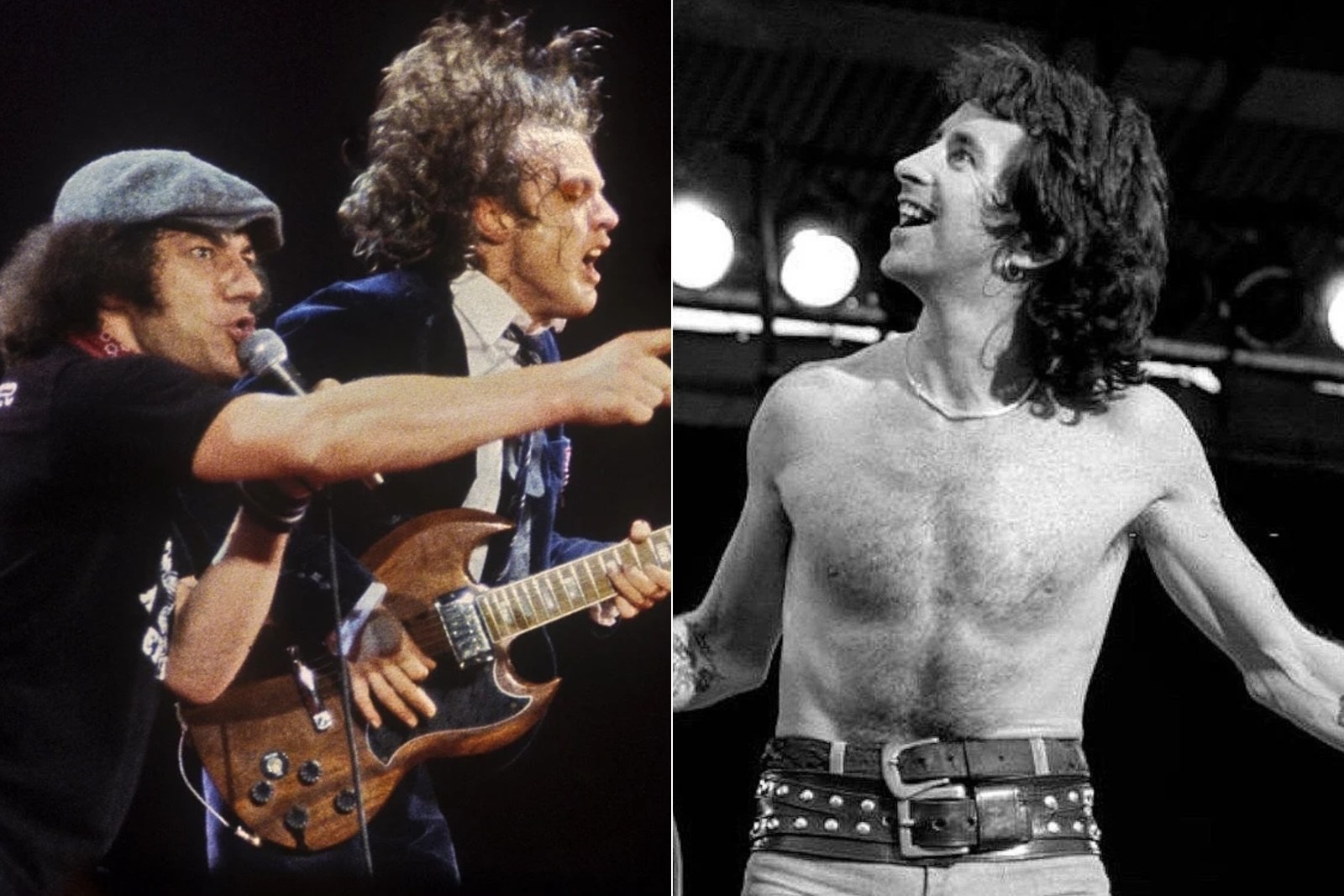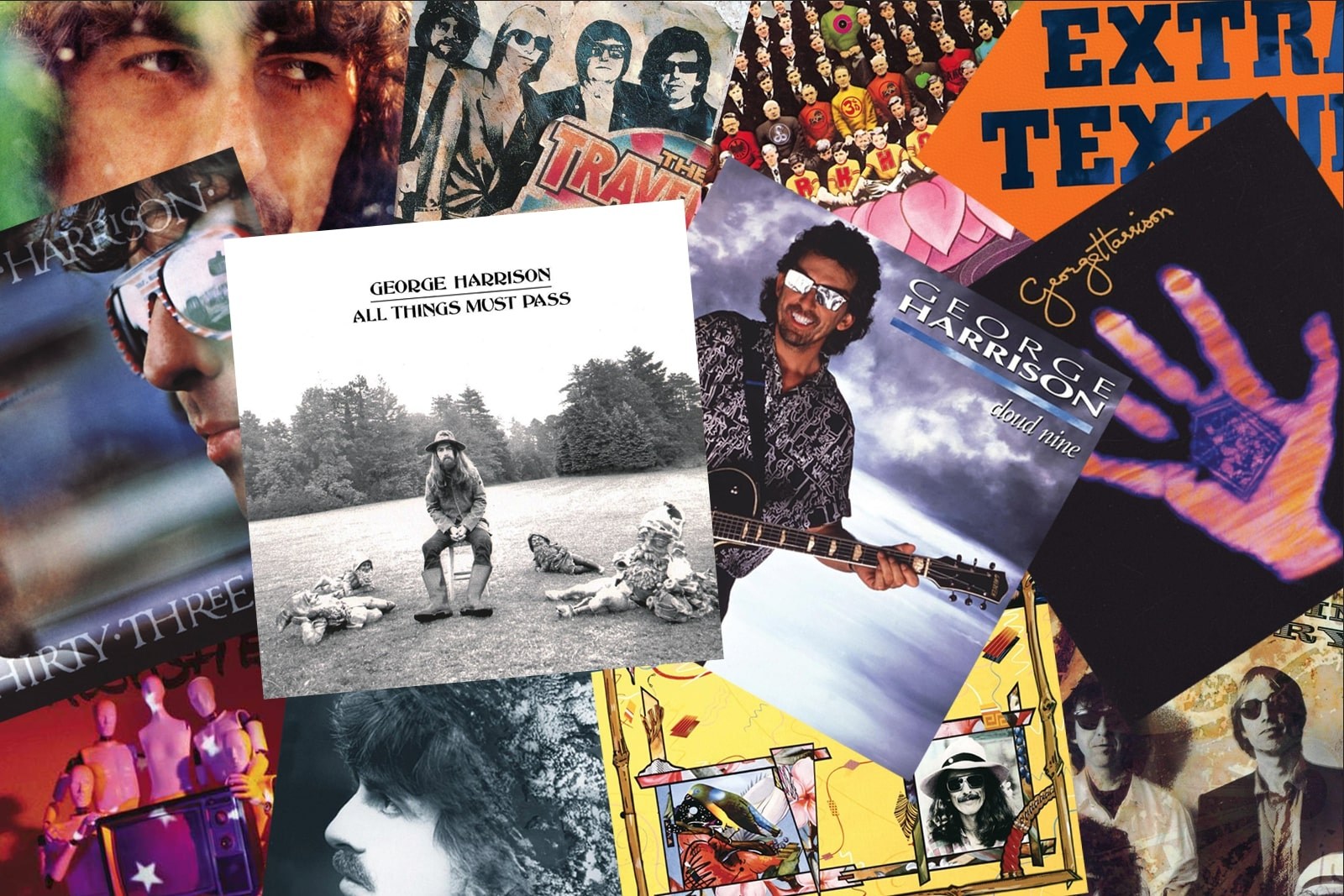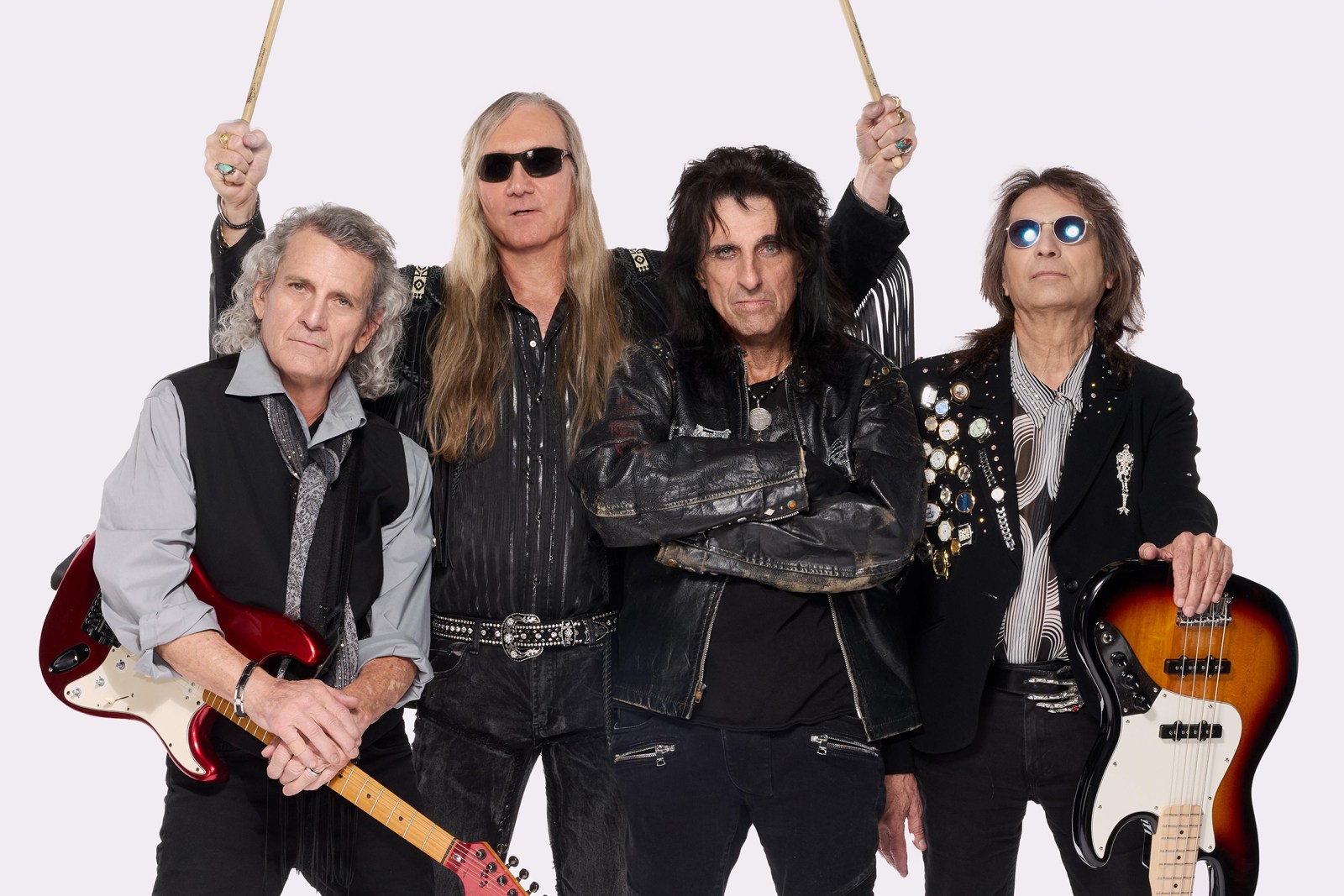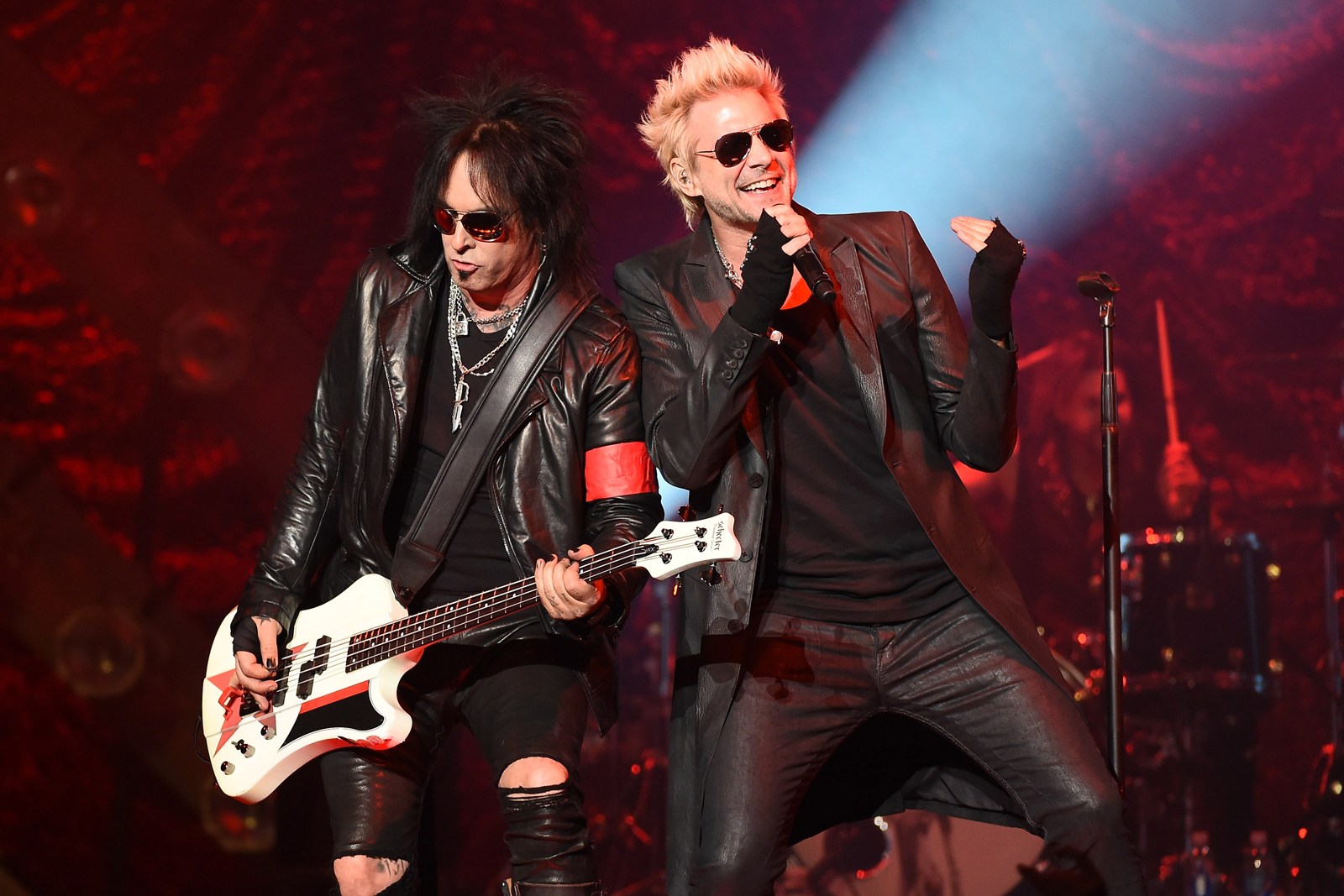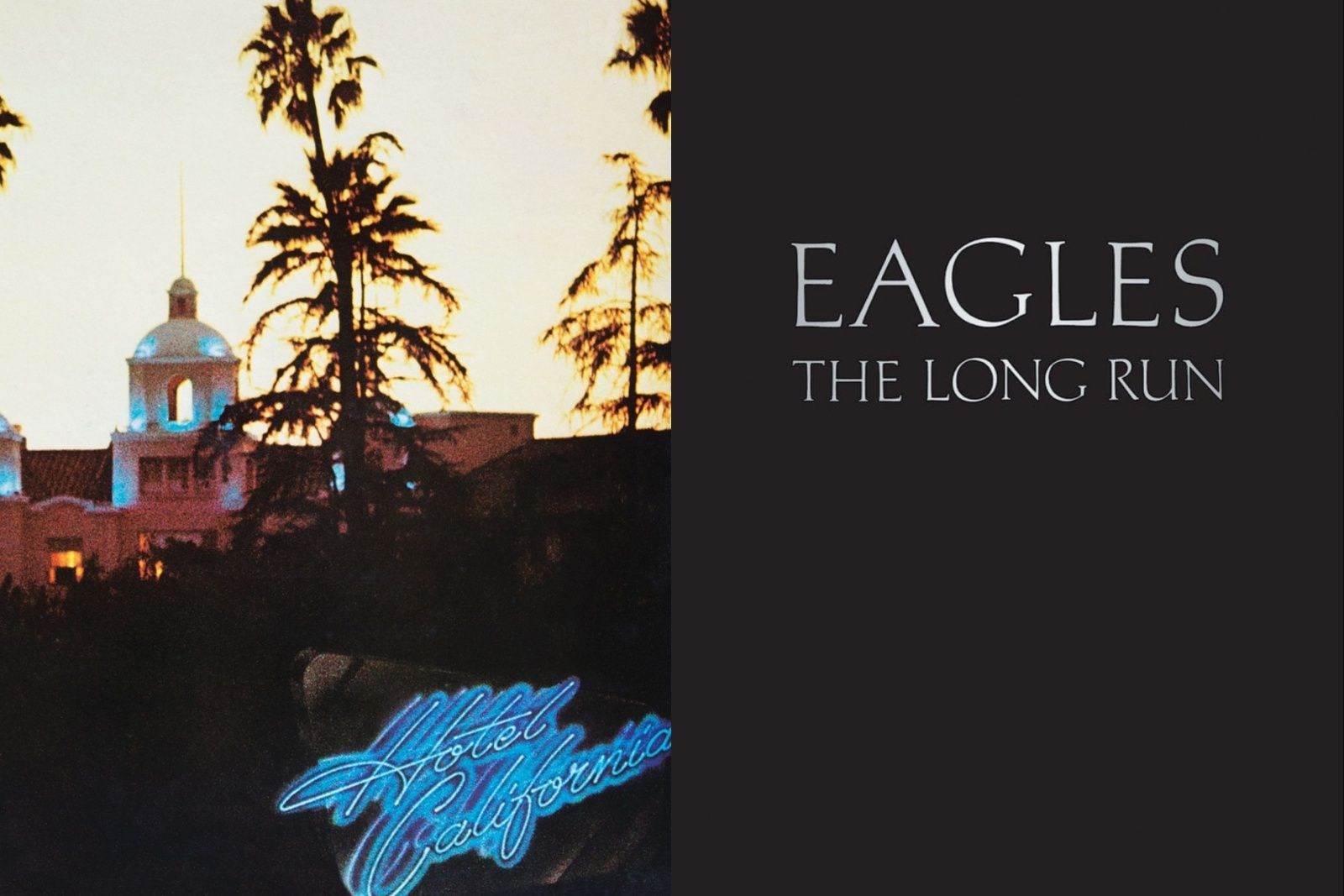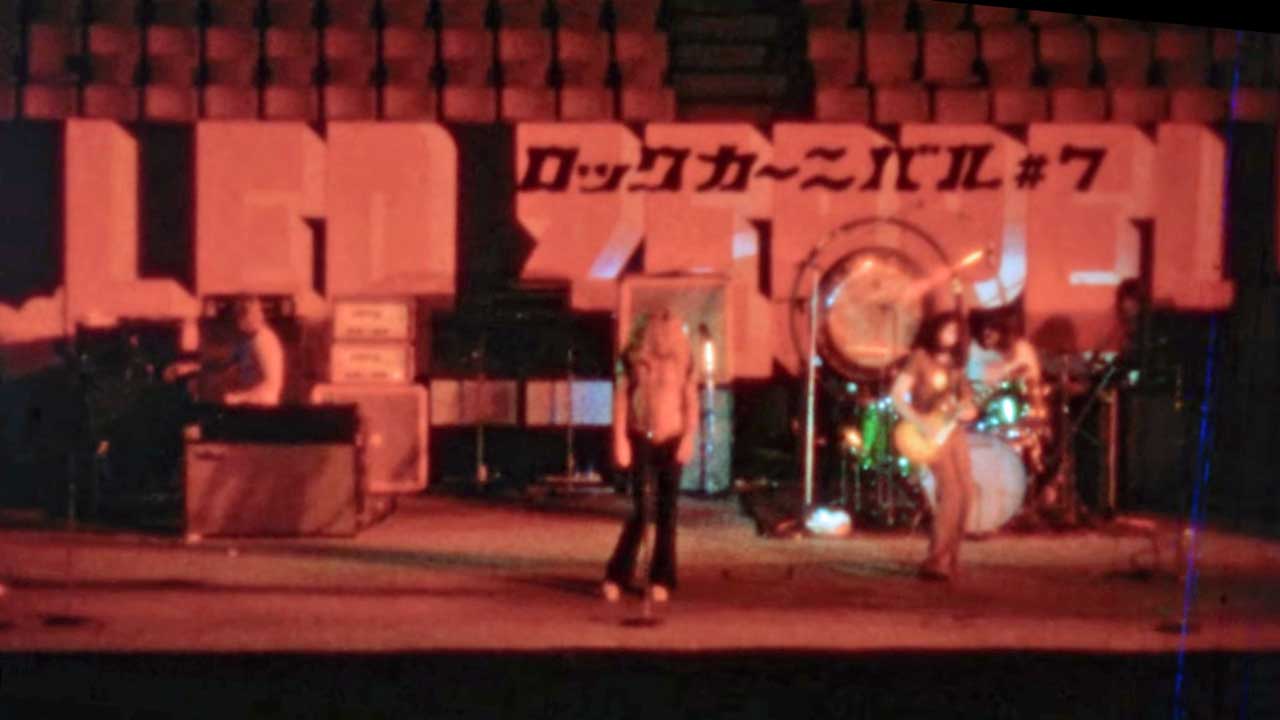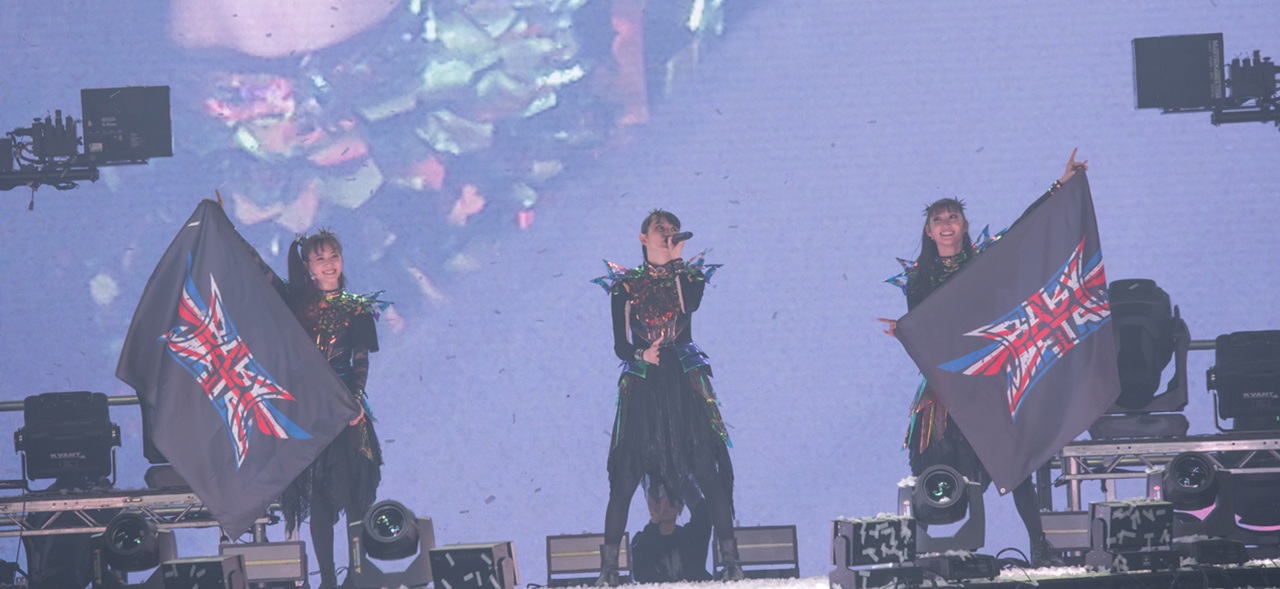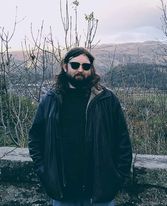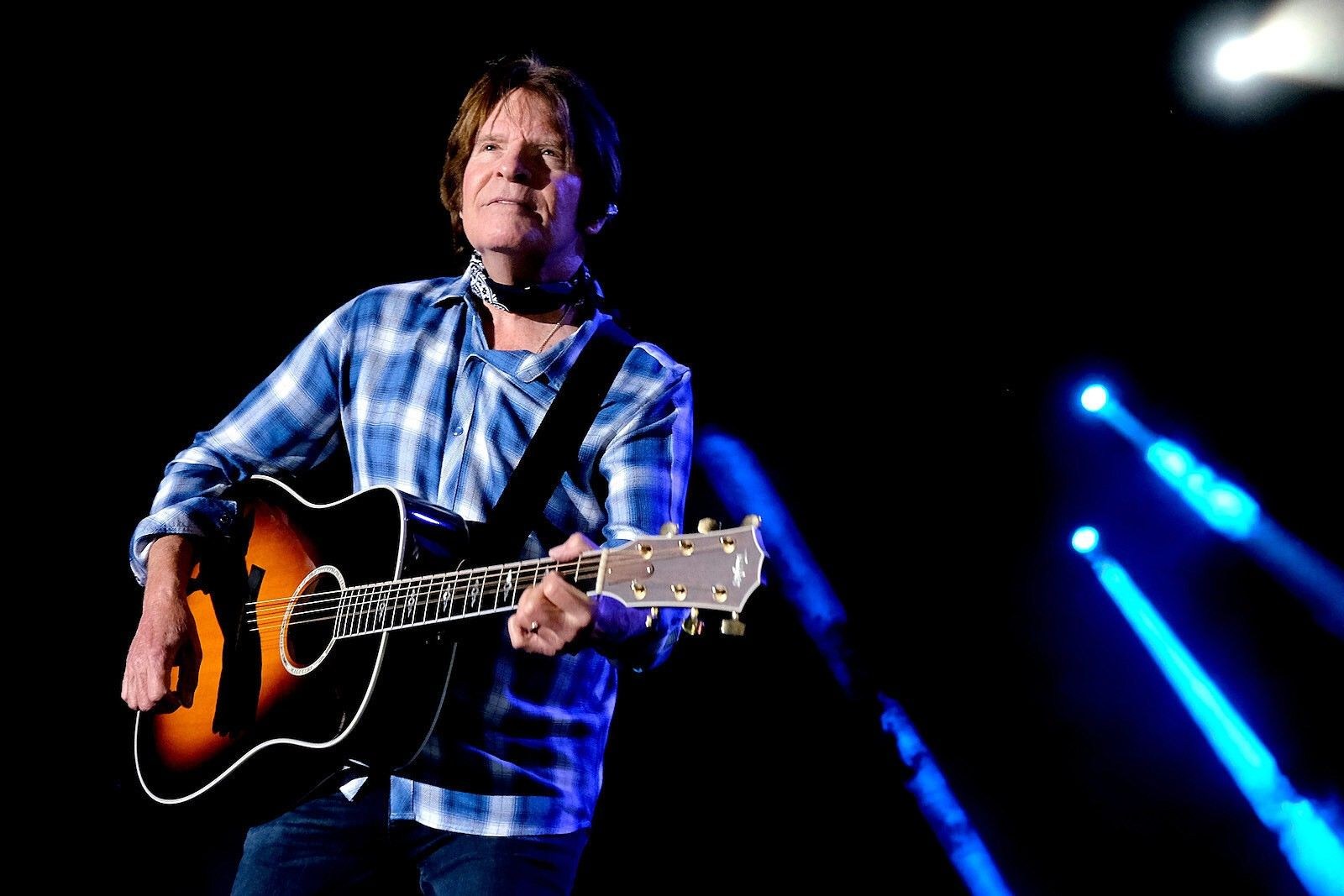George Harrison began the ’70s with a multi-platinum smash and ended the ’80s with a pair of them. In between, there were a few notable successes, long disappearances and some obvious duds.
Through it all, his opening songs were just as varied and unpredictable.
The monstrous 1970 triple-album All Things Must Pass begins with an enchanting but decidedly small-scale song, while 1974’s Dark Horse kicks off with the only instrumental released in Harrison’s lifetime after 1968’s Wonderwall Music and 1969’s Electronic Sound. (The Grammy-winning “Marwa Blues” later appeared on 2002’s posthumous Brainwashed.)
READ MORE: Ranking Every Beatles Solo Album
Of course, 1973’s Living in the Material World and 1988’s Traveling Wilburys Vol. 1 both get underway with huge hit singles. Gone Troppo was clearly meant to follow that pattern in 1982 with its too-synthy opener. The first song on Traveling Wilburys Vol. 3 was the lead single, too.
But Harrison also dug into the archives to resurrect older tracks for 1975’s Extra Texture (Read All About It) and 1976’s Thirty Three & 1/3. He started 1987’s celebrated comeback Cloud Nine with a slide-driven throwback tune that could have been from that era, but only after entering the decade with a punchy track aimed at his record label on 1981’s Somewhere in England.
Here’s how they stack up in a ranked list of George Harrison’s opening songs:
No. 14. “Under the Mersey Wall”
From: Electronic Sound (1969)
Harrison’s second solo project was released on Zapple Records, the experimental boutique label that he said the Beatles created to “let serendipity take hold.” It certainly seemed to have on “Under the Mersey Wall,” a side-long recording of Harrison fooling around on his new Moog 3 modular system. The complex early synthesizer, which would cost more than $70,000 today, was just the third to arrive in the U.K. Nobody really knew what to do with one yet, as heard here.
No. 13. “Microbes”
From: Wonderwall Music (1968)
Harrison traveled to Bombay to record a portion of his debut solo album and became enamored with an oboe-like instrument called a shehnai. Collaborators were rounded up by Shambhu Das, a sitar student of Ravi Shankar’s who was introduced to Harrison on his first visit to the country for lessons. They included shehnai players prominently featured on this lyrical but rather slight album opener. “Microbes” was originally named after a Hindu raga that served as its early inspiration.
No. 12. “Hari’s on Tour (Express)”
From: Dark Horse (1974)
Harrison was in a personal free-fall just one year after completing a sterling run that included the multi-platinum All Things Must Pass, his celebrated Concert for Bangladesh and a second solo No. 1 single with 1973’s “Give Me Love (Give Me Peace on Earth).” Dark Horse finds him slipping into an awful mid-decade depression. He was even losing his voice. So, you take your offbeat collaborations with some Los Angeles jazz-rock aces where you can get them.
No. 11. “Blood from a Clone”
From: Somewhere in England (1981)
Harrison began the ’80s in a furious argument with his label. He decided to use “Blood From a Clone” to address his plight, adding lyrics that just mercilessly twist the shiv into meddling, greedy executives. Then he led his next album with it. Of course, if you don’t listen too closely, “Blood from a Clone” is a gangly little goof of a track. That must have been why Warner Bros. approved it.
No. 10. “She’s My Baby”
From: Traveling Wilburys Vol. 3 (1990)
Despite the sudden death of Roy Orbison, Harrison was clearly having fun as he reconvened the Traveling Wilburys for their second studio project. You see it in the winking album title and you hear it on the LP’s opening song. (In the video, Harrison breaks out into a broad smile while singing “she’s got a body for business, got a head for sin. She knocks me over like a bowling pin” – prompting an appreciative laugh from Bob Dylan.) Unfortunately, “She’s My Baby” stalled at No. 79 in the U.K. and the supergroup split.
No. 9. “Any Road”
From: Brainwashed (2002)
Harrison had some version of this song bouncing around in his head since the early Traveling Wilburys era, and it retained their easy-go-lucky vibe. Well, at least musically. He’s tangling with much edgier subject matter (“If you don’t know where you’re going, any road will take you there) perhaps inspired by an exchange in Alice’s Adventures in Wonderland. Harrison walks a fine line on “Any Road,” never giving in to the impulse to insult or become facetious. After all, we’ve all taken a wrong turn or two.
No. 8. “Wake Up My Love”
From: Gone Troppo (1982)
This album opener is as dated an item as any Beatles-related ’80s release this side of Paul McCartney‘s awful “Spies Like Us.” Released as Gone Troppo‘s first single, the out-of-place “Wake Up My Love” bears an uncomfortable resemblance (both in tone and in chart performance) to the earlier “Teardrops” from Somewhere in England. Neither reached the Top 40 in the U.S., and both finished unranked in the U.K. Beneath the sophomoric synth riff, however, there seems to be a good song struggling to get out.
No. 7. “Cloud 9”
From: Cloud Nine (1987)
Returning from a five-year break after Gone Troppo, Harrison signaled his aim to climb the charts again by pairing up with Jeff Lynne. A stone-cold Beatles fan, the former Electric Light Orchestra mastermind encouraged Harrison to embrace the past, whether that meant subject matter like “When We Was Fab” or pulling out his old 12-string Rickenbacker. Harrison also returned to his slide, brilliantly tangling with Eric Clapton on the tough title track from Cloud Nine. He’d finally found his way out of a musical wilderness.
No. 6. “Woman Don’t You Cry for Me”
From: Thirty Three & 1/3 (1976)
Harrison began work on “Woman Don’t You Cry for Me” during his guest turn on a Delaney and Bonnie tour held after Abbey Road arrived but before the Beatles officially split. This track briefly became a contender for All Things Must Pass, and then was shelved for years. By that point, the song’s principal innovation had become old hat: This was the first time Harrison tried out slide guitar.
No. 5. “You”
From: Extra Texture [Read All About It] (1975)
Harrison had returned to drink and drugs, and Extra Texture couldn’t have strayed further from his religious moorings — or from the free-spirited uplift that made his initial post-Beatles records such pleasant surprises. This Top 20 U.S. hit – actually a relic from a scrapped 1971 solo album by Ronnie Spector – takes you right back. Still, it says a lot when the best thing on an LP is essentially a table scrap.
No. 4. “Love Comes to Everyone”
From: George Harrison (1979)
He should know. Harrison completed this breezy, encouraging song in early 1978, after a briefer time away. He’d marry Olivia Arias and then become father to Dhani during the sessions for a self-titled comeback album. Clapton and Steve Winwood stopped by his home studio to complete things.
No. 3. “I’d Have You Anytime”
From: All Things Must Pass (1970)
“I’d Have You Anytime,” with its Beatle-ish guitar signature and a lyrical assist by Bob Dylan, is every bit as moving as earlier triumphs like “Something.” (They’d begun work on the song during Harrison’s November 1968 visit to Woodstock.) What the lithe, simply gorgeous “I’d Have You Anytime” lacks is the army of additional instruments, backup singers and horns that Phil Spector employed elsewhere on Harrison’s hulking post-Beatles triple album. It’s a gutsy opening song for such an enormous undertaking.
No. 2. “Handle With Care”
From: The Traveling Wilburys’ Vol. 1 (1988)
Harrison’s smash hit about sly resiliency was originally recorded as a throwaway B-side, until his label intervened. He’d called up Jeff Lynne, who was then working with Roy Orbison. They arranged to use Bob Dylan’s studio, then Tom Petty got involved when Harrison stopped by to retrieve a guitar. All of a sudden, perhaps rock’s greatest supergroup was born. Thankfully, Warner Bros. refused to bury their first song on the back of Harrison’s “This Is Love” single. “Handle With Care” soared to No. 2.
No. 1. “Give Me Love (Give Me Peace On Earth)”
From: Living in the Material World (1973)
Things probably had to get smaller. Harrison began the ’70s by reaching No. 1 with the expansive “My Sweet Lord,” then organized a huge Bangladesh benefit concert. He gathered a more tightly knit group for his next project. Harrison’s expressive slide took center stage rather than a Wall of Sound, and his message of faith and forgiveness became more direct. Harrison later described the chart-topping “Give Me Love” as “a prayer and personal statement between me, the Lord and whoever likes it.” Turns out, everybody did.
Beatles Live Albums Ranked
Beatles live albums didn’t really used to be a thing – then they started arriving in bunches. Let’s count them down.
Gallery Credit: Nick DeRiso
See the Beatles in Rock’s Craziest Conspiracy Theories
